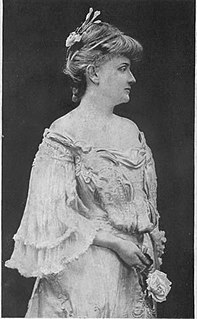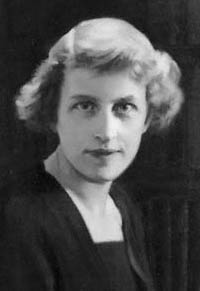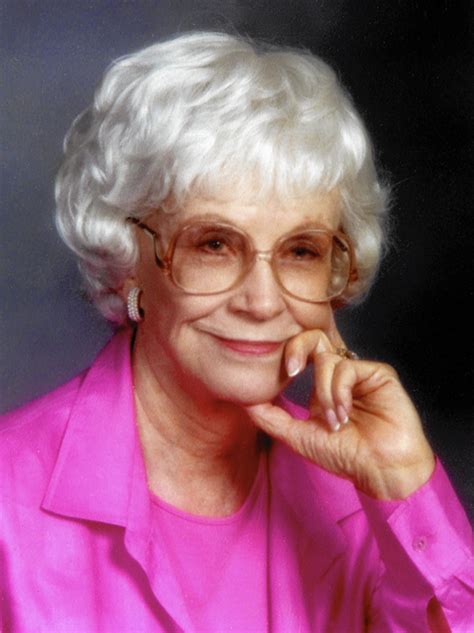A Quote by Gertrude Atherton
the curse of human nature is imagination. When a long anticipated moment comes, we always find it pitched a note too low, for the wings of imagination are crushed into its withering sides under the crowding hordes of petty realities.
Related Quotes
And what is the great thing that the stage does? It cultivates the imagination. And . . . the imagination constitutes the great difference between human beings. . . . The imagination is the mother of pity, the mother of generosity, the mother of every possible virtue. It is by the imagination that you are enabled to put yourself in the place of another.
The world of imagination is the world of eternity. It is the divine bosom into which we shall all go after the death of the vegetated [i.e. mortal] body. This world of imagination is infinite and eternal, whereas the world of generation is finite and temporal. There exist in that eternal world the eternal realities of everything which we see reflected in this vegetable glass of nature.
Henry Corbin creates the world - most of all his examination of the imagination and what the imagination was for him. Some philosophers would think of the imagination as a synthetic ability, how you put different things together. Artists more think of the imagination as creativity. So I really like the way that he presents the imagination as a faculty that allows one to experience worlds that are not exactly physical but are real nonetheless.

































